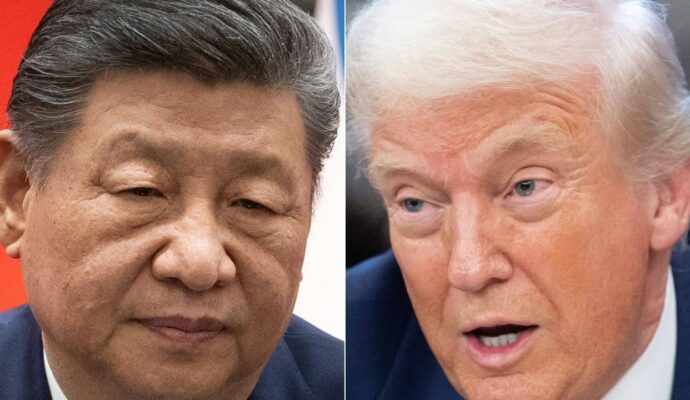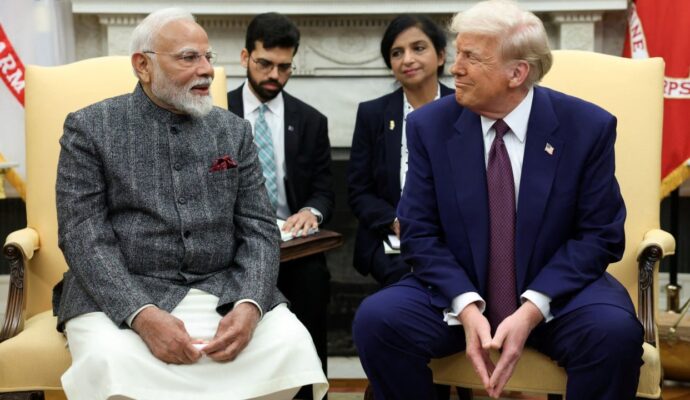Nong called for a ceasefire and dialogue, and said Beijing hoped Myanmar could work with China to ensure the safety of the border and Chinese projects and nationals across the border.
Unsurprisingly, Beijing did not take sides.
This is partly because of what China calls its policy of non-interference when it comes to the affairs of other countries. But it is also because it has had a cosy relationship with both sides in the conflict.
Myanmar is a key part of China’s massive infrastructure push, the Belt and Road Initiative, and Beijing has been actively investing in the country despite international sanctions on the junta.
Chinese investment accounts for 23.5 per cent of total foreign investment in Myanmar, most of which is in the power sector. Beijing is also hoping to build the China-Myanmar Economic Corridor which would give it strategic access to the Indian Ocean.
At the same time, China has a long relationship with myriad ethnic resistance groups, including the MNDAA, a mainly ethnic Chinese group that was part of the now defunct Communist Party of Burma.
Adding the battle against cyber crime syndicates to its cause appears to be an attempt to win the sympathy of Chinese and the international community.
It is not clear just how much the effort will appeal to Beijing but during their visits Wang and Nong both mentioned China’s hope to continue to work with the Myanmar junta government to fight such crime.
The scam syndicates are mostly operated by Chinese and mostly target Chinese, although nationals of other countries are involved.
Observers say Beijing appears to be serious about cracking down on the crimes, stepping up cooperation with other Southeast Asian countries and the United Nations in recent months.
But the most important sign of Beijing’s seriousness in tackling the powers behind the scams was the arrest warrants it issued for two leading members of the United Wa State Party and Army (UWSA): Chen Yanban, aka Bao Yanban, and Xiao Yanquan, aka He Chuntian. China has also reportedly detained Bao Junfeng, a deputy commander of the UWSA.
The UWSA operates near China’s border and has long had a good relationship with Beijing. It fired Chen and Xiao after the warrants were issued.
It is still not clear how the fighting in northern Myanmar, where these syndicates are based, will affect the massive criminal industry.
Many syndicates moved to Myanmar after Beijing pressured Cambodia to crack down on the activities in 2019.
However, Beijing should keep a close watch on the operators and capital flows to make sure they do not thrive elsewhere.
The human stakes are too high to not take action. A UN report in August said at least 120,000 people in Myanmar and 100,000 in Cambodia “may be held in situations where they are forced to carry out online scams”.




